I must admit, i'm a bit of a stickler for latin names, particularly for the micros.
Of course, when I first started mothing in 2006, it was nearly a decade before names such as flat-body, Carl and Sober's ever came about, and apart from dropping the odd 'Rush Veneer' or 'Mother of Pearl' into general chit-chat, I stuck by the fact that I would learn all of the latin names of the micro moths, and use that to differentiate between the macros, particularly from a recording point of view.
I am still learning the macro moth latin names, but I focused on the micros when I first started, because there were very little accepted common English names for them back then.
So this brings me to my recent catches, micros have started popping up again in my trap, in fact i've also potted some up early evening.
Catches this week have generally been poor, with some really wet and windy nights, and thus the moths have been quiet and i've only trapped a few times.
Sunday night saw a good array of moths, which included several new spcies of micro moth, and some returning second generations (Namely Amblyptilia acnathdactyla, Cacoecimorpha pronubana, Platytes cerussella & Platyedra subcinerea).
There have been three new species for the garden this week, all micros.
Teleiopsis diffinis, Ypsolopha horridella & Monochroa palustrellus, so rather pleasing indeed given the challenging cooling conditions we are experiencing.
Scrobipalpa ocellatella continue to dominate, although numbers are falling.
I potted one that was rather fresh and dark, without the usual pale dorsum streak.
I will continue to run my trap on calm and warmer nights.
Moth garden list for 2022 stands at 629 species
04/09/22 - Back Garden - Fordham - East Cambridgeshire - Actinic Trap
Dioryctria abietella 1
Platytes cerussella 1
Scrobipalpa ocellatella 62
Teleiopsis diffinis 1 [NFG]
Ypsolopha horridella 1 [NFG]
Monochroa palustrellus 1 [NFG]
 |
| Aproaerema anthyllidella |
.JPG) |
| Dioryctria abietella |
 |
| Platytes cerussella |
 |
| Scrobipalpa ocellatella |
 |
| Teleiopsis diffinis |
 |
| Ypsolopha horridella |
.JPG) |
| Monochroa palustrellus |

 Musotima nitidalis
Musotima nitidalis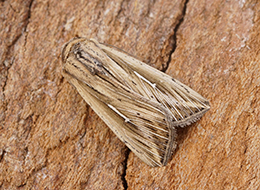 L-album Wainscot
L-album Wainscot Feathered Ranunculus
Feathered Ranunculus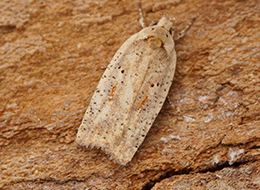 Agonopterix nervosa
Agonopterix nervosa Blossom Underwing
Blossom Underwing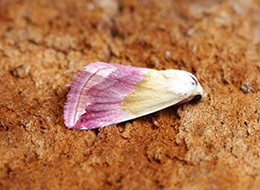 Beautiful Marbled
Beautiful Marbled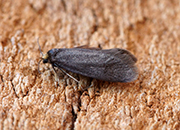 Lampronia fuscatella
Lampronia fuscatella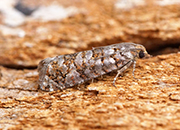 Gravitarmata margarotana
Gravitarmata margarotana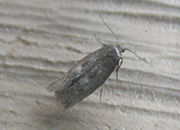 Perittia obscurepunctella
Perittia obscurepunctella Black-spotted Chestnut
Black-spotted Chestnut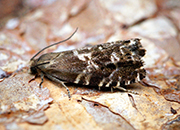 Cydia pactolana
Cydia pactolana















































